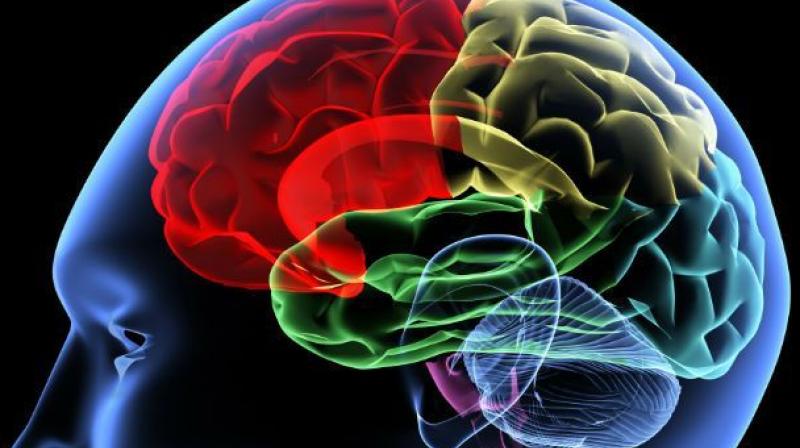Washington: Scientists have identified a brain protein linked to a longer recovery period for athletes suffering from concussion that may serve as a marker to help determine a player’s readiness to return to the game.
Elevated levels of the brain protein tau following a sport-related concussion are associated with a longer recovery period and delayed return to play for athletes, researchers said. Despite the 3.8 million sports-related concussions that occur annually in the US, there are no objective tools to confirm when an athlete is ready to resume play.
Returning to play too early, before the brain has healed, increases an athlete’s risk of long-term physical and cognitive problems, especially if he or she sustains another concussion. Currently, physicians must make return-to-play decisions
based on an athlete’s subjective, self-reported symptoms and performance on standardised tests of memory and attention.
Researchers from the University of Rochester Medical Centre (URMC) in the US evaluated changes in tau in 46 college athletes who experienced a concussion.
Tau, which plays a role in the development of chronic traumatic encephalopathy (CTE), frontotemporal dementia and Alzheimer’s disease was measured in preseason blood samples and again within six hours following concussion using an ultra-sensitive technology that allows researchers to detect single protein molecules.
The athletes – a mix of soccer, football, basketball, hockey and lacrosse players – were divided into two groups based on recovery time. Athletes in the “long return to play” group took more than 10 days to recover following concussion, while athletes in the “short return to play” group took less than 10 days to return to their sport.
Individuals in the long return to play group had higher levels of tau in their blood 6 hours after concussion compared to those in the short return to play group.
Long return to play athletes also exhibited a jump in tau from preseason levels compared to their short return to play counterparts. Statistical analyses showed that higher blood tau concentrations six hours post-concussion consistently
predicted that an athlete would take more than 10 days to resume play.
“This study suggests that tau may be a useful biomarker for identifying athletes who may take longer to recover after a concussion,” said Jeffrey Bazarian, professor at URMC. “Athletes are typically eager to get back to play as soon
as possible and may tell doctors that they’re better even when they’re not,” Bazarian said.
“It may be that tau combined with current clinical assessments could help us make more informed return-to-play decisions and prevent players from going back to a contact sport when their brains are still healing,” he added. The study was published in the journal Neurology.




 Driving Naari Programme launched in Chandigarh
Driving Naari Programme launched in Chandigarh































